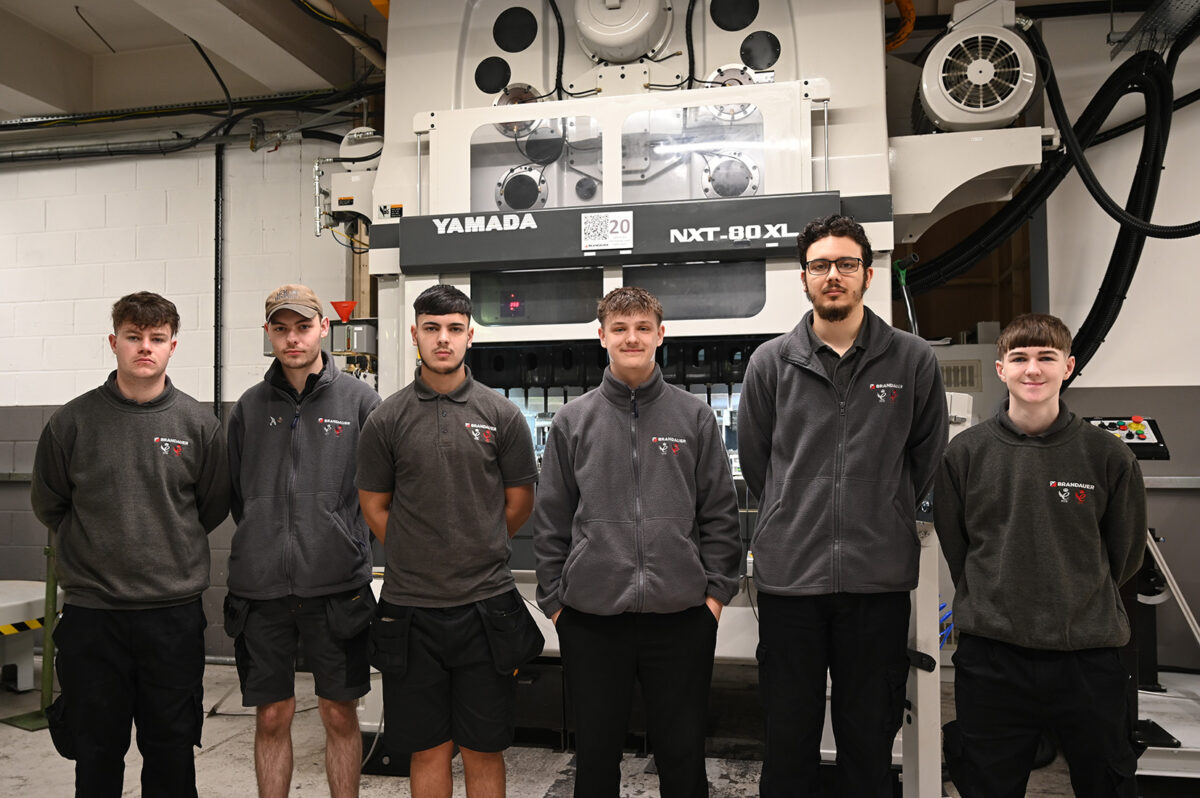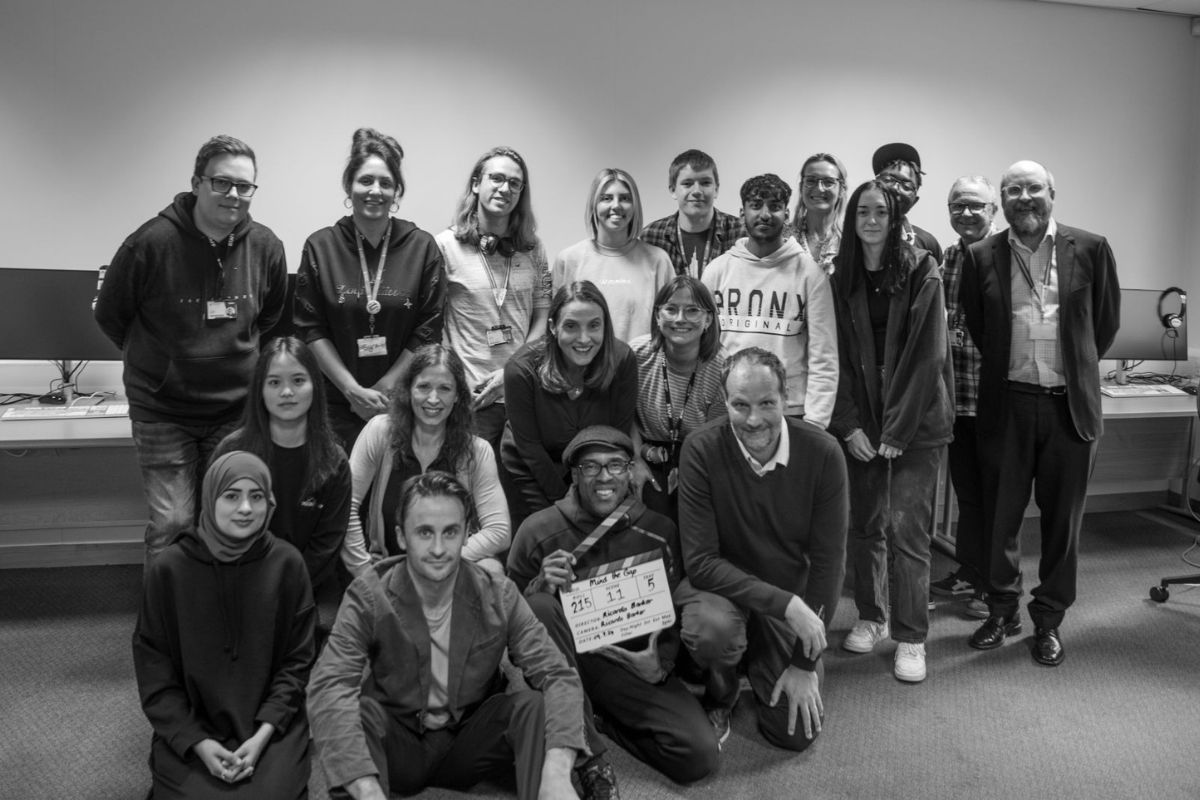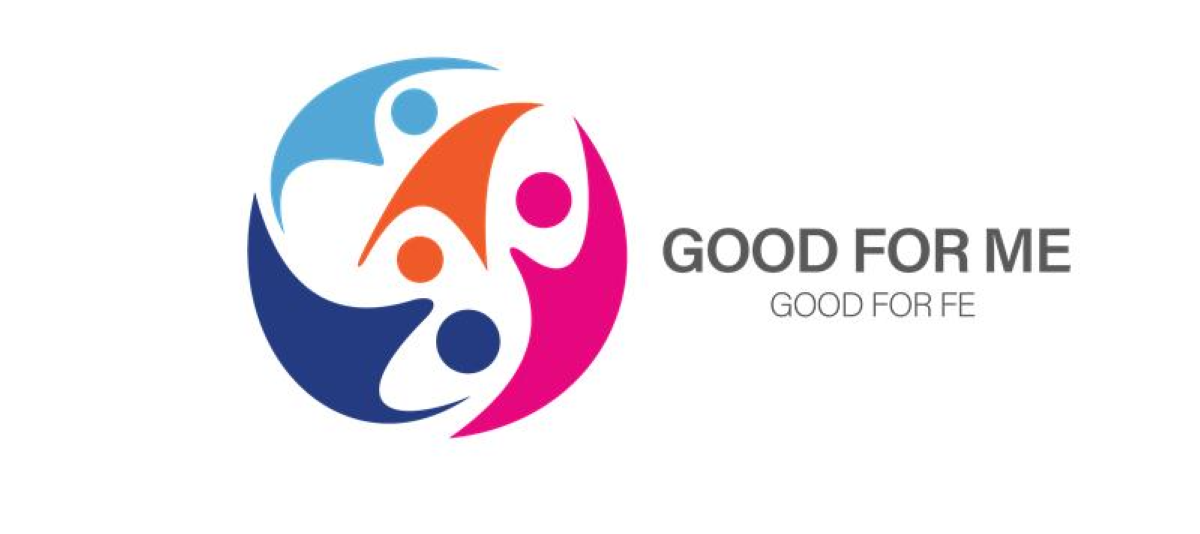Ensuring a Positive Future for Education with AI

Much has been written about the potential impact of AI on work. PwC research highlights that those sectors most exposed to AI have experienced 4.8x higher labour productivity growth – ushering in a new era of less admin and more high-impact knowledge work. But how is AI impacting those sectors that rely on the human touch – such as education?
Research from Coursera suggests that educators are gradually warming to AI’s place in their sector, with as many as 85% of UK university faculty believing that AI is having a positive impact – with tangible benefits including improved grades and enhanced educator productivity. Educators are also more positive about GenAI than learners – with only 67% of students believing that AI’s impact on education is a positive one.
Universities are institutions for students to enhance their skills and opportunities, so it’s important to examine the relative AI hesitancy that our research has illuminated. Let’s look at where this gap between educators and students’ perceptions around AI comes from and how the UK’s universities can close it.
AI is Shaping Education – Whether We Like It or Not
The mixed feelings around AI does not mean students aren’t using it. In fact, students say they are using AI to complete around a quarter (24%) of their work, with the most common uses being research (56%), exam revision (43%), and writing essays and assignments (39%).
More than half (52%) of university students that use AI believe that their grades have improved as a result of that use, with 8% saying that they have improved substantially. This shows that despite being increasingly prevalent in higher education, institutional training and policies may lag behind the current level of impact on academic outcomes. In 2023 for instance, UCL was the only large UK university to have a student AI policy in place.
With a lack of established regulatory best practice, students clearly feel increasingly comfortable using popular GenAI platforms. But with little training on how to use it to its potential, and few rules in place to regulate it, there is an uneven playing field in higher education between those advancing their education with AI and those who are unable to.
Mixed Student Sentiment Risks Turning AI Toxic
Left unregulated, AI could end up having a detrimental impact on education. More than half (54%) of university students in the UK say that the rise in AI usage makes passing exams easier than it used to be. However, they do not necessarily feel positive about that reality: 43% of students saying that using AI should constitute cheating. This is a contributing factor to the feelings of those 68% of students and 74% of educators who believe that, without AI regulation in place, AI could undermine the credibility of university degrees.
Digital tools that can detect and flag AI-generated copy are still in their infancy and are unable to offer absolute clarity. But as many as 1 in 10 (10%) students admit to submitting AI-generated work without disclosing it. And more than a third (38%) of educators say they’ve received more AI-generated assignments and essays in the past six months – a number that is likely higher given that less than half (42%) feel confident detecting it.
What can education do to turn the tide on negative AI, and ensure educators and students have the right skills to use it to their advantage, in ways that maintain academic integrity and pedagogical rigour?
How Education Can Change Its Relationship with AI
It’s clear from our research that education is not currently keeping pace with the rapid advancement of AI. Less than half (48%) of educators say their university has a policy in place to manage AI.
But while regulation is needed, higher education must be careful not to overregulate: unduly restrictive policies can discourage legitimate, formative AI use. Overestimations about its negative use could drive a misalignment in policy making, where universities overregulate and potentially cultivate mistrust between institutions, faculty, and students.
Having observed over 1 million learners utilise our own AI tutor, Coursera Coach, we have observed consistent positive impact: 89% of learners express positive sentiment about the tool, and learners both complete more learning items per hour, and are more likely to pass quizzes on their first attempt, than learners who forego the AI tutor. We believe that these results offer a clear early-stage example of the positive pedagogical impact AI can have.
Instead, universities should focus on developing comprehensive AI literacy programmes that offer clear guidelines and proper training for educators and students alike. This will not only protect academic integrity but also ensure graduates enter the workforce with the skills to leverage AI effectively in their careers. A third (33%) of students believe that using AI in their studies will help them prepare them to use it in their future work. It is therefore critical that their experience of it in university is not a negative one.
While institutions should take steps to provide their educators with more AI training, educators should also look to take proactive steps to master the technology, by enrolling in online courses that can enhance their understanding and AI competencies. This is not just aimed at detecting cheating, but could also make a profound impact on their own workload – with a number of educators already using it to draft correspondence to students (46%), set work for students (45%), and plan lectures or tutorials (45%).
What’s more, AI needs to become a part of student learning experiences at universities. AI literacy should be considered a part of any university curriculum, and offers students clear guidelines on what does and doesn’t constitute ethical use. Like educators, students can be proactive and use their own initiative to upskill in AI and learn more about how it can be used effectively and responsibly.
Now is the Moment To Harness AI in Education
We are currently at an inflection point – one at which institutional and individual agency is still possible and productive. With GenAI models set to take another enormous leap in innovation in the next year, now is when higher education needs to put an educational and regulatory system in place that can evolve alongside the technology. If further evolutions represent significant leaps forward, the regulatory and pedagogical challenges institutions face become much more onerous to navigate.
AI is already delivering tangible benefits in education, but what constitutes responsible use is too ambiguous, and a portion of students are missing out on ways AI can improve their education. University-wide policies and training can help, but so can self-service online courses that help students and educators equip themselves with the skills to engage with Generative AI productively..
Higher education thrives on human intelligence. If institutions, faculty, and students collaborate to understand how it can best work alongside the artificial kind, we foresee extraordinary positive benefits – and a golden age for education.
By Marni Baker Stein, Chief Content Officer at Coursera











Responses